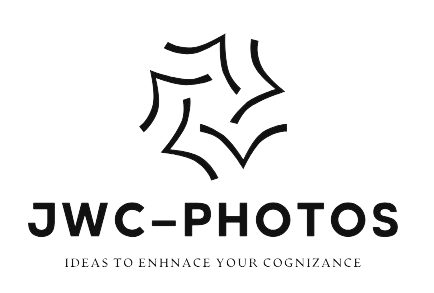Mfc140u.dll, a Dynamic Link Library DLL file, plays a pivotal role in enabling seamless data exchange between applications by providing essential functionalities and components for software development. It is a part of the Microsoft Foundation Class MFC library, which offers a set of classes, functions, and tools for creating Windows applications. The MFC in Mfc140u.dll stands for Microsoft Foundation Class and 140 refers to the version number. The u at the end signifies that it supports Unicode, a character encoding standard that allows for the representation of text in various scripts and languages. This is crucial for internationalization and ensuring that applications can handle diverse input and output data. One of the primary functions of Mfc140u.dll is to facilitate communication and data exchange between different software components within an application and even between different applications. It provides a standardized framework for creating user interfaces, handling user input, managing data structures, and performing various operations, all of which contribute to smooth interactions between software modules.
Mfc140u.dll offers a range of features that enhance data exchange between applications:
Object-Oriented Framework: MFC provides an object-oriented programming framework, allowing developers to create reusable and modular components. This enables different applications to share data structures and communicate effectively through well-defined interfaces.
Graphical User Interface GUI Components: MFC offers a wide array of pre-designed GUI components, such as windows, dialogs, controls, and menus. These components ensure consistent and user-friendly interfaces across applications, promoting a seamless experience for users.
Event Handling and Messaging: MFC includes mechanisms for event handling and messaging, which are essential for communication between different parts of an application or between different applications. This enables one component to trigger actions or share data with another component, fostering data exchange.
Data Serialization: MFC provides facilities for data serialization, allowing objects to be converted into a format that can be easily stored, transmitted, and reconstructed. This is crucial for exchanging complex data structures between applications or saving application states.
Interoperability with Other Technologies: MFC supports integration with various Windows technologies, such as COM Component Object Model and ActiveX, enabling data exchange between applications developed using different technologies and languages.
Networking and Communication: MFC offers classes for networking and communication, enabling applications to exchange data over networks. This is particularly useful for scenarios where applications need to share data across different machines or devices.
In conclusion, mfc140u.dll not found is a fundamental component in enabling seamless data exchange between applications. Its role in providing a standardized framework, GUI components, event handling, data serialization, and interoperability contributes to the creation of robust and interconnected software systems. By incorporating MFC functionalities into their development process, software engineers can ensure efficient communication and data sharing between different parts of an application or even between different applications, ultimately enhancing the user experience and expanding the capabilities of software solutions.
